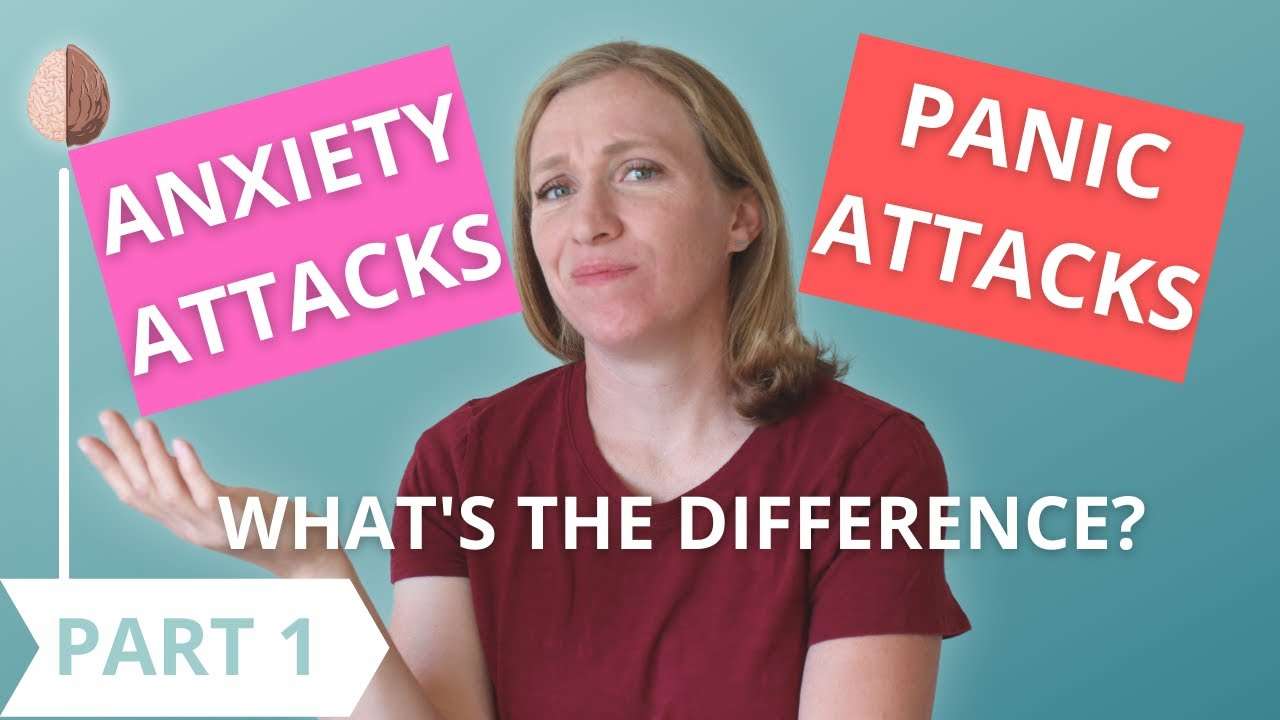
In today’s society, stress and change often are thought of as the same thing. Stress is a physiological and psychological response to situations the body and mind find to be overwhelming. We often ask ourselves how we should manage stress. There are many ways people manage stress and reduce the overall stress of day-to-day activities. With the fast pace of work and home, and being constantly inundated with technology and still wanting to have time to connect with those around us, our lives can feel overwhelming and stressful at times.
Manage how you live with these five tips to feel less stressed:
1. Use guided meditation.
Guided meditation is a great way to distract yourself from the stress of day-to-day life. There are many guided meditations available on the internet that can help you find 5 minutes of centered relaxation.
2. Practice deep breathing.
Deep breathing is a great way to reduce the activation of your sympathetic nervous system, which controls the body’s response to a perceived threat. Deep breaths taken in to a count of five seconds, held for two seconds and released to a count of five seconds, can help activate your parasympathetic nervous system, which helps reduce the overall stress and anxiety you may be experiencing.
3. Maintain physical exercise and good nutrition.
Physical exercise and nutrition are two important components in how you respond to stress. When your body is healthy, your mind can be healthy and vice versa. Physical exercise is proven to be a great stress reliever and also helps to improve your overall quality of life. Nutrition is important as stress can deplete certain vitamins, such as A, B complex, C and E. Maintaining proper nutrition not only helps your body feel better, but your mind as well, which allows you to better combat stress.
4. Manage social media time.
Spending time on social media sites can become stressful, not only by what we might see on them, but also because the time you are spending on social media might be best spent enjoying visiting with friends, being outside enjoying the weather or reading a great book.
5. Connect with others.
Humans are social beings. You need to have connections with people to feel supported. Finding a sense of community — whether at work, with a religious organization, or through shared activities, such as organized sports — is important to your well-being. Enjoying a shared activity allows you to find support and foster relationships that can be supportive in difficult times.

Many of us are facing challenges that can be stressful, overwhelming, and cause strong emotions in adults and children. Public health actions, such as physical distancing, can make us feel isolated and lonely and can increase stress and anxiety.
After a traumatic event, people may have strong and lingering reactions. Learning healthy ways to cope and getting the right care and support can help reduce stressful feelings and symptoms.
The symptoms may be physical or emotional. Common reactions to a stressful event can include:
- Disbelief
- Feelings of fear, shock, anger, sadness, worry, numbness, or frustration
- Changes in appetite, energy, desires, and interests
- Difficulty sleeping or nightmares, concentrating, and making decisions
- Physical reactions, such as headaches, body pains, stomach problems, and skin rashes
- Worsening of chronic health problems
- Worsening of mental health conditions
- Increased use of tobacco, alcohol, and other substances
It is natural to feel stress, anxiety, grief, and worry during traumatic events such as mass shootings, natural disasters, or pandemics. Below are ways that you can help yourself, others, and your community manage stress.
Healthy Ways to Cope with Stress
Feeling emotional and nervous or having trouble sleeping and eating can all be normal reactions to stress. Here are some healthy ways you can deal with stress:
- Take breaks from watching, reading, or listening to news stories, including those on social media. It’s good to be informed but hearing about the traumatic event constantly can be upsetting. Consider limiting news to just a couple of times a day and disconnecting from phone, tv, and computer screens for a while.
- Take care of yourself. Eat healthy, exercise, get plenty of sleep, and give yourself a break if you feel stressed out.
- Take care of your body.
- Take deep breaths, stretch, or meditate.
- Try to eat healthy, well-balanced meals.
- Exercise regularly.
- Get plenty of sleep.
- Avoid excessive alcohol, tobacco, and substance use.
- Continue with routine preventive measures (such as vaccinations, cancer screenings, etc.) as recommended by your healthcare provider.
- Get vaccinated against COVID-19 as soon as possible; get a booster shot if you are age 18 or older.
- Make time to unwind. Try to do some other activities you enjoy.
- Talk to others. Talk with people you trust about your concerns and how you are feeling. Share your problems and how you are feeling and coping with a parent, friend, counselor, doctor, or pastor.
- Connect with your community- or faith-based organizations.
- Avoid drugs and alcohol. These may seem to help, but they can create additional problems and increase the stress you are already feeling.
- Recognize when you need more help. If problems continue or you are thinking about suicide, talk to a psychologist, social worker, or professional counselor.
Check out Taking Care of Your Emotional Health for more information and resources.
Helping Others Cope
Taking care of yourself can better equip you to take care of others. Helping others cope with stress through phone calls or video chats can help you and your loved ones feel less lonely or isolated.
Helping Children and Youth Cope with Stress
Children and youth often struggle with how to cope with stress. Youth can be particularly overwhelmed when their stress is connected to a traumatic event—like a natural disaster, family loss, school shootings, or community violence. Parents, caregivers, and educators can take steps to provide stability and support that help young people feel better.
Tips
Tips for Parents and Caregivers
It is natural for children to worry when scary or stressful events happen in their lives. Talking to your children about these events can help put frightening information into a more balanced setting. Monitor what children see and hear about stressful events happening in their lives. Here are some suggestions to help children cope:
- Maintain a normal routine. Helping children wake up, go to sleep, and eat meals at regular times provide them a sense of stability.
- Talk, listen, and encourage expression. Listen to your child’s thoughts and feelings and share some of yours. After a traumatic event, it is important for children to feel they can share their feelings and that you understand their fears and worries.
- Watch and listen. Be alert for any change in behavior. Any changes in behavior may be signs that your child is having trouble and may need support.
- Stressful events can challenge a child’s sense of safety and security. Reassure your child about his or her safety and well-being. Discuss ways that you, the school, and the community are taking steps to keep them safe.
- Connect with others. Talk to other parents and your child’s teachers about ways to help your child cope. It is often helpful for parents, schools, and health professionals to work together for the well-being of all children in stressful times.
Tips for Kids and Teens
After a traumatic event, it is normal to feel anxious about your safety and security. Even if you were not directly involved, you may worry about whether this type of event may someday affect you. Check out the tips below for some ideas to help deal with these fears.
- Talk to and stay connected to others. Talking with someone you trust can help you make sense out of your experience. If you are not sure where to turn, call your local crisis intervention center or a national hotline.
- Take care of yourself. Try to get plenty of sleep, eat right, exercise, and keep a normal routine.
- Take information breaks. Pictures and stories about a disaster can increase worry and other stressful feelings. Taking breaks from the news, Internet, and conversations about the disaster can help calm you down.
Tips for School Personnel
School personnel can help their students restore their sense of safety by talking with the children about their fears. Other tips for school personnel include:
- Reach out and talk. Create opportunities to have students talk, but do not force them. You can be a model by sharing some of your own thoughts as well as correct misinformation.
- Watch and listen. Be alert for any change in behavior. Are students withdrawing from friends? Acting out? These changes may be early signs that a student is struggling and needs extra support from the school and family.
- Maintain normal routines. A regular classroom and school schedule can provide a sense of stability and safety. Encourage students to keep up with their schoolwork and extracurricular activities but do not push them if they seem overwhelmed.
- Take care of yourself. You are better able to support your students if you are healthy, coping and taking care of yourself first. Eat healthy, exercise, get plenty of sleep, and give yourself a break if you feel stressed out.
Mental Health and Crisis
Resources and Social Support Services
- If you are struggling to cope, there are many ways to get help. Call your healthcare provider if stress gets in the way of your daily activities for several days in a row.
- During times of extreme stress, people may have thoughts of suicide. Suicide is preventable and help is available. More about the risk of suicide, signs to watch for, and how to respond if you notice these signs in yourself or a friend or a loved one, can be found here.
- Free and confidential crisis resources can also help you or a loved one connect with a skilled, trained counselor in your area.



